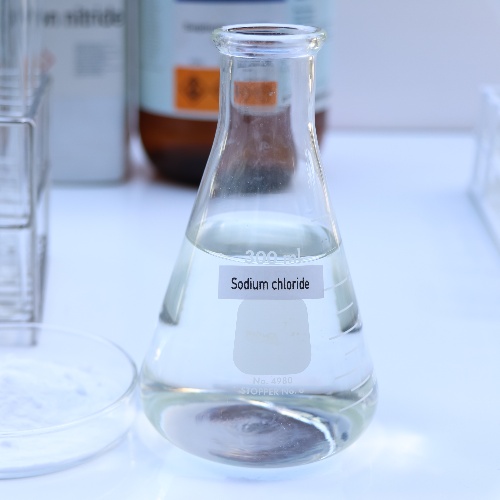Stainless steel is celebrated for its durability and resistance to corrosion. However, certain environments, particularly those with high chloride exposure, can challenge its integrity. Understanding how chlorides affect stainless steel helps ensure informed decisions when selecting materials and implementing protective measures.

Introduction
Chloride exposure is a common concern for stainless steel in various industries. Found in saltwater, de-icing salts, and certain cleaning agents, chlorides can compromise the protective oxide layer of stainless steel, leading to corrosion. This article explains the effects of chloride exposure on stainless steel and offers strategies to mitigate its impact.
Why Should You Care About Chloride Exposure?
Prevent costly repairs: Early awareness reduces long-term damage.
Improve product lifespan: Protective measures extend the service life of stainless steel.
Ensure safety and reliability: Especially critical in structural and industrial applications.
How Does Chloride Exposure Impact Stainless Steel?
1. Mechanism of Damage
Stainless steel relies on a thin chromium oxide layer to prevent corrosion. When exposed to high chloride concentrations, this protective layer breaks down, leading to:
Pitting corrosion: Small, localized pits that penetrate the steel surface.
Stress corrosion cracking (SCC): Cracks forming under tensile stress in the presence of chlorides.
Real-World Example:
Offshore oil rigs often face pitting corrosion due to constant exposure to saltwater. Switching to 316 stainless steel, which offers better chloride resistance, significantly reduced maintenance costs for one company.
2. Factors Influencing Chloride-Induced Corrosion
Several factors determine the extent of damage:
Stainless Steel Grade: Lower grades like 304 are more susceptible, while 316 and duplex grades offer better resistance.
Chloride Concentration: Environments with high salt content, such as coastal areas, accelerate corrosion.
Temperature: Higher temperatures amplify the corrosive effect of chlorides.
Case Study: A desalination plant upgraded from 304 stainless steel pipes to duplex stainless steel after experiencing frequent pitting corrosion due to high chloride levels in brine.
3. Strategies to Mitigate Chloride Damage
Protecting stainless steel from chlorides involves proactive measures:
Choose the Right Grade:
304 stainless steel: Suitable for low-chloride environments.
316 stainless steel: Ideal for marine and chemical applications.
Super duplex stainless steel: Excellent for extreme chloride exposure.
Apply Protective Coatings: Use specialized coatings or sealants to add an extra barrier against chlorides.
Regular Maintenance:
Clean surfaces regularly to remove chloride deposits.
Use non-chloride-based cleaning agents to prevent accidental damage.
Design Considerations:
Avoid crevices where chlorides can accumulate.
Ensure proper drainage to minimize stagnant water.
Data Analysis:
A 2022 industry report found that replacing 304 stainless steel with 316-grade in high-chloride environments reduced corrosion-related failures by 40%, highlighting the value of selecting appropriate materials.
Conclusion
Chloride exposure poses a significant risk to stainless steel, especially in marine, industrial, and harsh environmental applications. Understanding the factors that contribute to chloride-induced corrosion and implementing preventive measures ensures long-term performance and cost efficiency.
Key Takeaways:
High chloride concentrations can cause pitting and stress corrosion cracking.
Higher-grade stainless steels, such as 316 or duplex, offer better resistance.
Protective coatings, regular cleaning, and thoughtful design reduce damage.
Protect Your Stainless Steel Investments
Choosing the right stainless steel grade and implementing protective measures can save you from costly repairs and replacements. Let us help you find the best solutions tailored to your needs.

